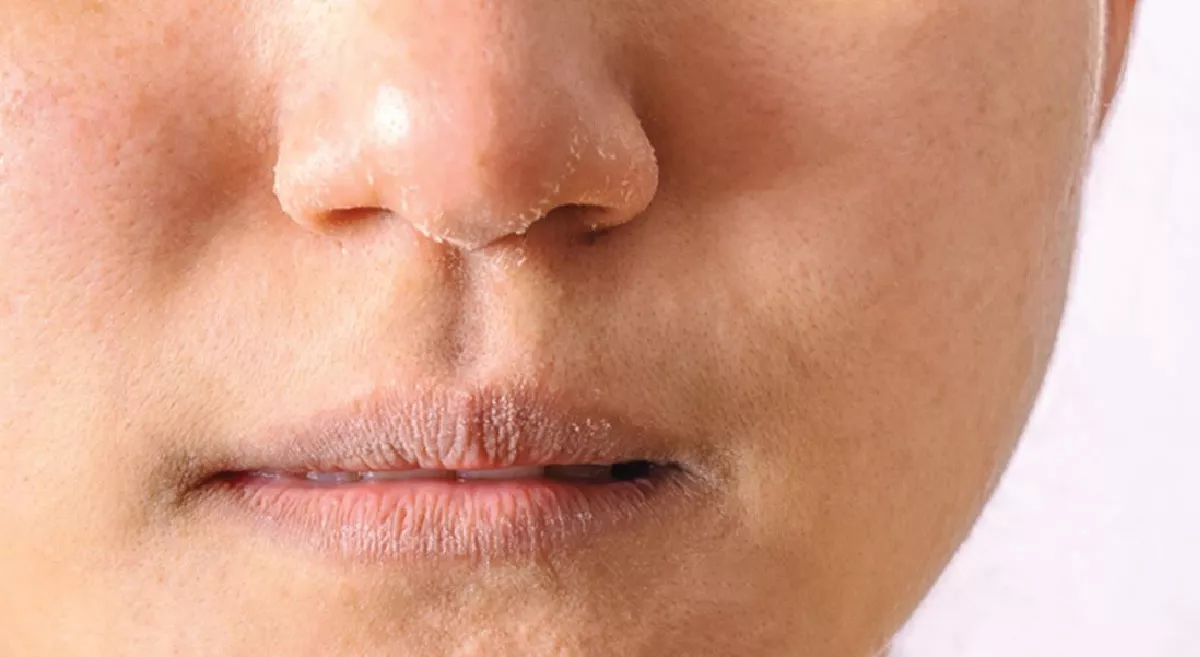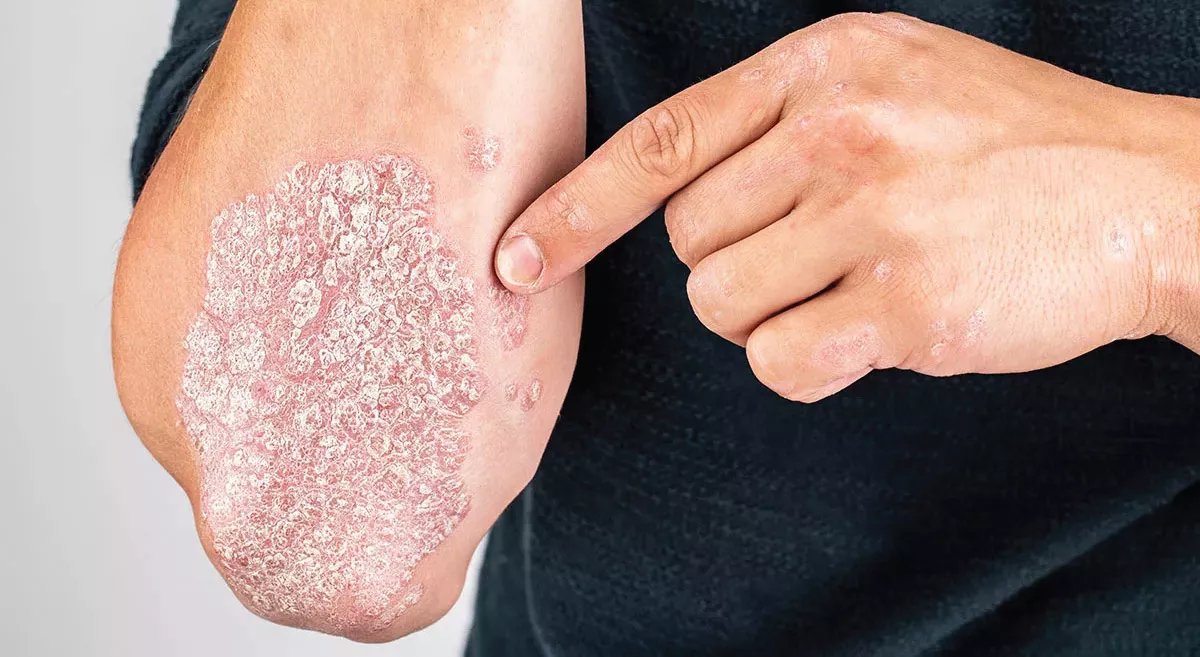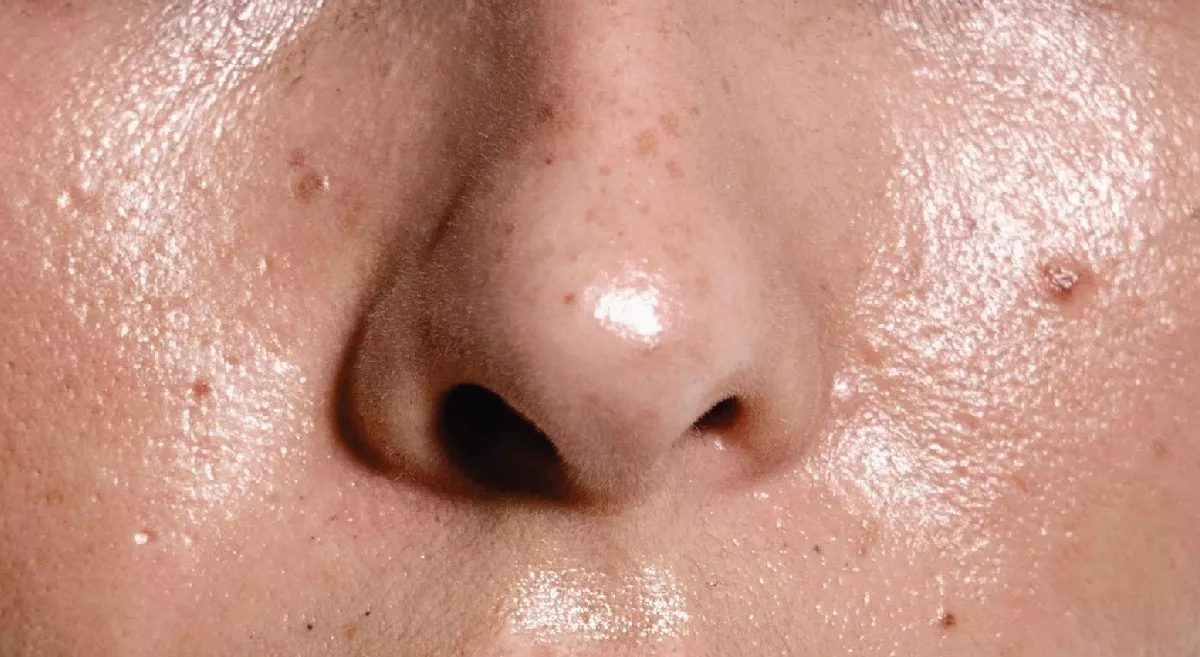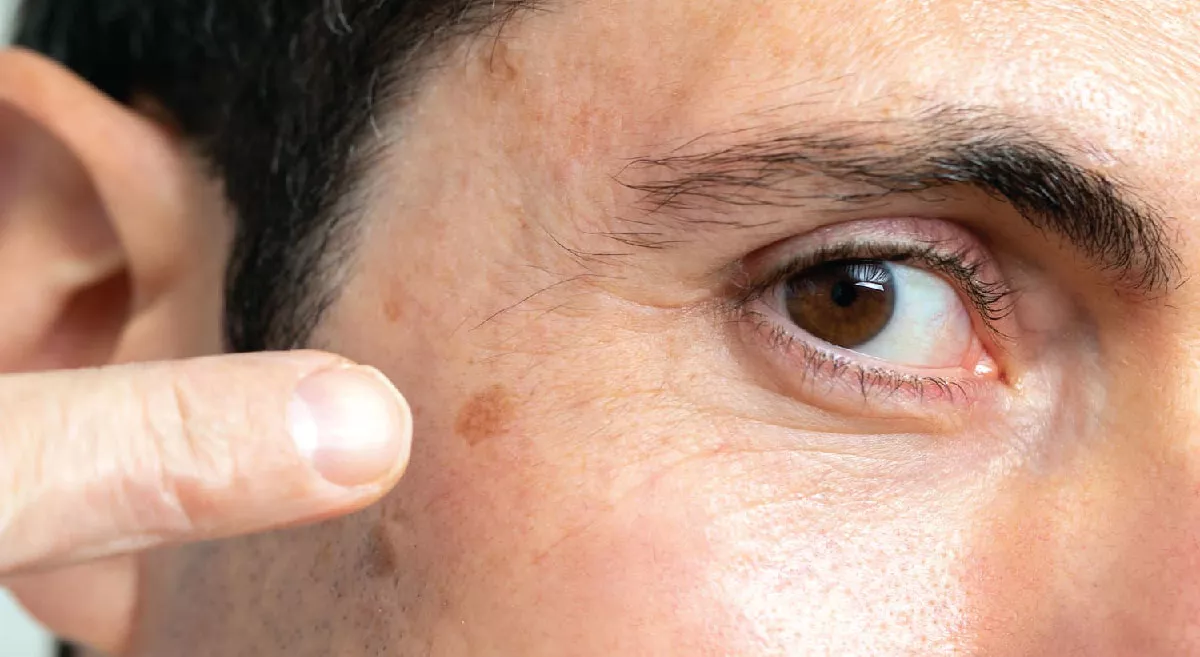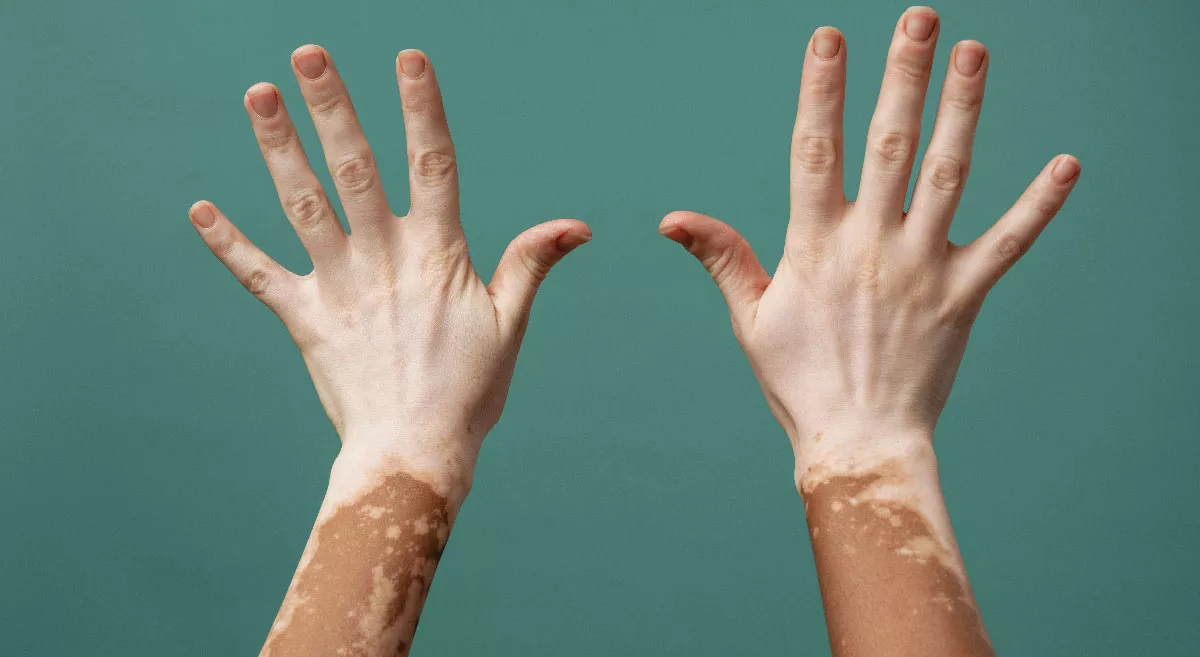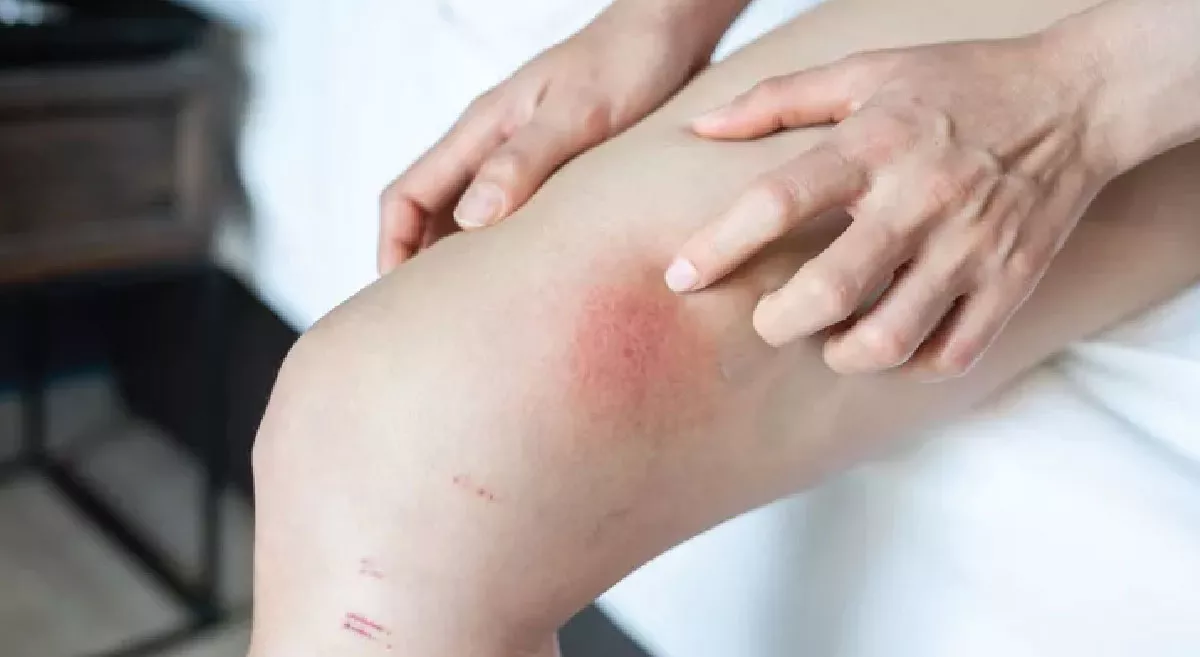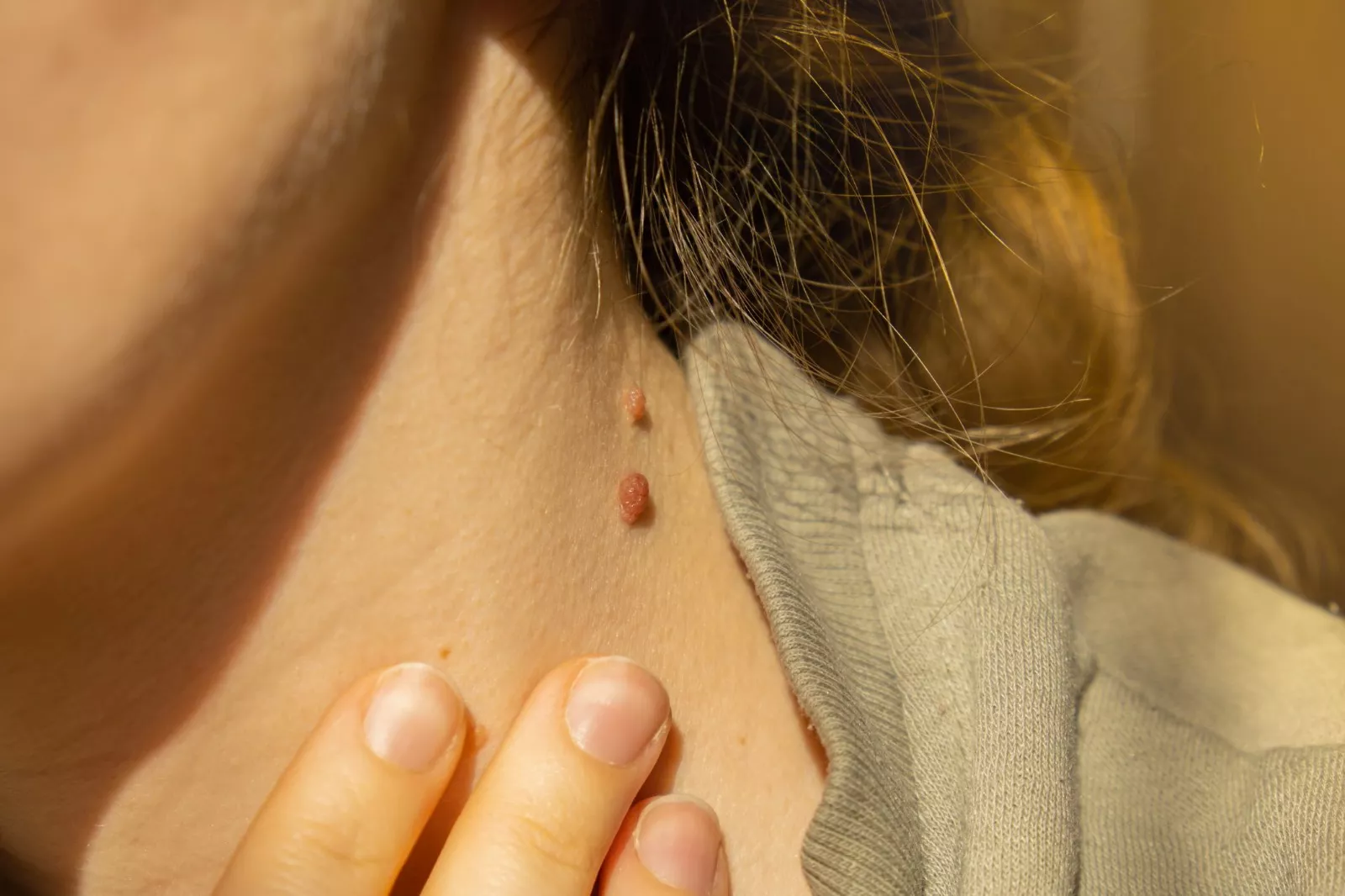Adapting your skincare routine to meet the specific needs of winter or moderate, Bangalore-like weather can help minimize these issues and keep your skin healthy.
- Moisturise Regularly: Invest in a good moisturiser to keep the skin barrier intact. Use thicker creams or oils during colder months.
- Hydrate: Keep drinking water even if you don't feel as thirsty in the cooler weather.
- Use Sunscreen: Even in winter or during the cooler months, the sun can damage your skin. SPF is necessary.
- Gentle Skincare: Avoid harsh exfoliants and cleansers that strip the skin of moisture. Instead, go for mild, hydrating options.
Adapting your skincare routine to meet the specific needs of winter or moderate, Bangalore-like weather can help minimize these issues and keep your skin healthy.
What are some effective home remedies and OTC products to alleviate dry skin.
Dry skin is a common condition that can be caused by factors like weather, ageing, harsh soaps, or medical conditions. It can lead to discomfort, itching, and flaking. Fortunately, there are several home remedies and over-the-counter (OTC) products that can help moisturise and restore the skin's barrier.
Effective Home Remedies for Dry Skin
1.Coconut Oil
- Coconut oil is a natural moisturiser that helps to lock in moisture and nourish the skin.
- How to use: Apply a small amount of virgin coconut oil to damp skin after showering to seal in moisture. It can also be used on rough patches like elbows or knees.
2. Honey
- Honey is a humectant, meaning it attracts moisture to the skin and helps maintain hydration.
- How to use: Apply raw honey directly to the skin and leave it on for 10-15 minutes before rinsing off. Alternatively, mix it with a little olive oil or yogurt for a hydrating face mask.
3.Aloe Vera
- Aloe Vera has soothing and anti-inflammatory properties, making it ideal for calming irritated or inflamed dry skin.
- How to use: Apply fresh aloe Vera gel directly from the plant or purchase a pure aloe Vera gel. It can be used on the face or body.
4.Oatmeal Baths
- Oatmeal is great for soothing dry, itchy skin due to its anti-inflammatory and moisturising properties.
- How to use: Add 1–2 cups of colloidal oatmeal (finely ground oatmeal) to a warm bath and soak for 15-20 minutes. Pat your skin dry with a towel afterwards.
5.Olive Oil
- Olive oil is rich in antioxidants and fatty acids, making it a great option for restoring moisture and improving skin texture.
- How to use: Massage a small amount of olive oil into damp skin after a shower, or mix it with sugar to create a gentle exfoliating scrub
Effective Over-the-Counter (OTC) Products for Dry Skin
- Moisturisers with Ceramide - Ceramide help the skin's natural barrier and prevent moisture loss
- Hydrocortisone Cream (for Itchy Skin) - If dry skin is causing itchiness or irritation, a 1% hydrocortisone cream can help relieve inflammation.
- Hyaluronic Acid Serums - Hyaluronic acid attracts moisture from the air and holds it in the skin, making it ideal for dry skin.
- Urea-based Creams - Urea is a powerful ingredient that helps exfoliate dry, rough skin while drawing moisture into the skin.
- Glycerine-based Moisturizers - Glycerine is a humectant that helps attract moisture to the skin, making it ideal for dry skin types.
- Oil-based Body Washes - Many body washes can strip the skin of moisture. Opting for an oil-based body wash can help hydrate while cleansing.
- Petroleum Jelly -For extremely dry skin, particularly on the hands, feet, or elbows, petroleum jelly is an excellent occlusive agent to seal in moisture.
Additional Tips
- Avoid hot showers: Hot water can strip the skin of its natural oils. Opt for lukewarm water when bathing.
- Use a humidifier: Dry indoor air, especially in winter, can worsen skin dryness. A humidifier can help maintain moisture in the air.
- Drink plenty of water: Hydrating from the inside out is key for healthy skin.
By using these remedies and products, you can effectively manage dry skin and restore moisture, keeping your skin smooth and healthy.
How can you prevent and treat Chapped lips during winter months? Are there any specific Lip balms or home remedies that is recommended?
Chapped lips are a common issue during the winter months due to cold, dry air and low humidity. Here's a guide on how to prevent and treat chapped lips, including recommendations for lip balms and home remedies:
Prevention Tips:
- Stay Hydrated: Dehydration can contribute to dry, cracked lips. Make sure to drink plenty of water throughout the day to keep your body (and lips) hydrated.
- Use a Humidifier: Indoor heating systems can dry out the air in your home. A humidifier adds moisture back into the air, which helps keep your lips from drying out.
- Avoid Licking Your Lips: While it might feel soothing in the short term, saliva evaporates quickly, leaving lips drier than before. This can worsen chapped lips.
- Protect Your Lips Outdoors: When heading outside, cover your lips with a scarf or use a lip balm with SPF to shield your lips from both cold and UV rays.
- Use Gentle Exfoliation: If your lips are flaky, gently exfoliate once a week using a lip scrub or a home-made sugar scrub to remove dead skin cells, which can help prevent further cracking.






